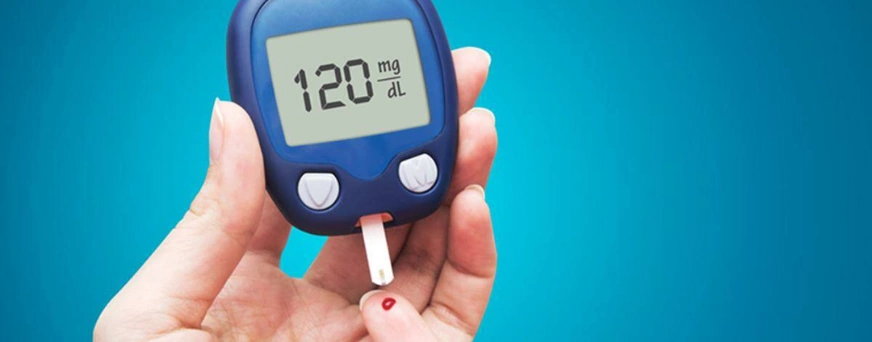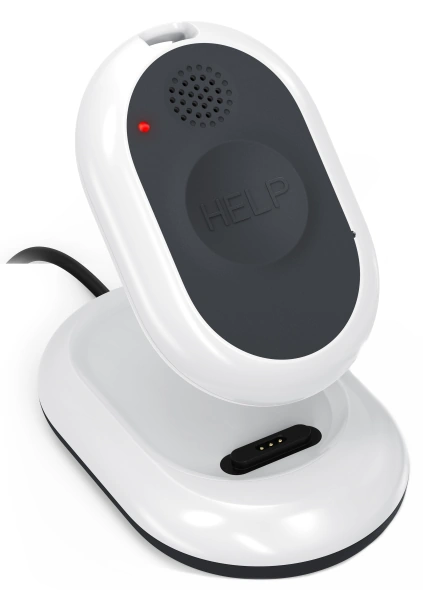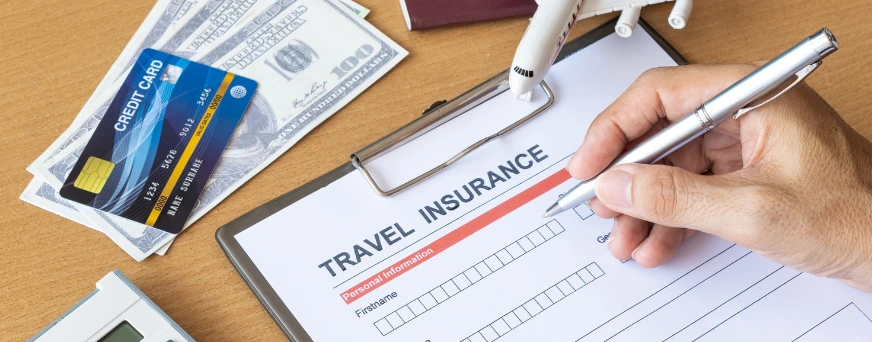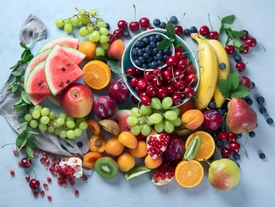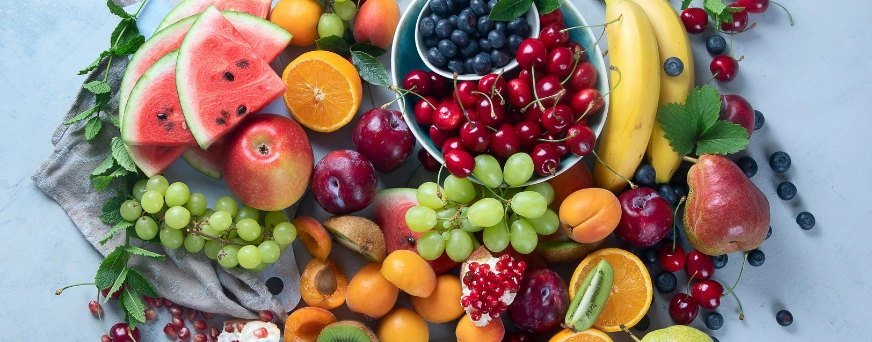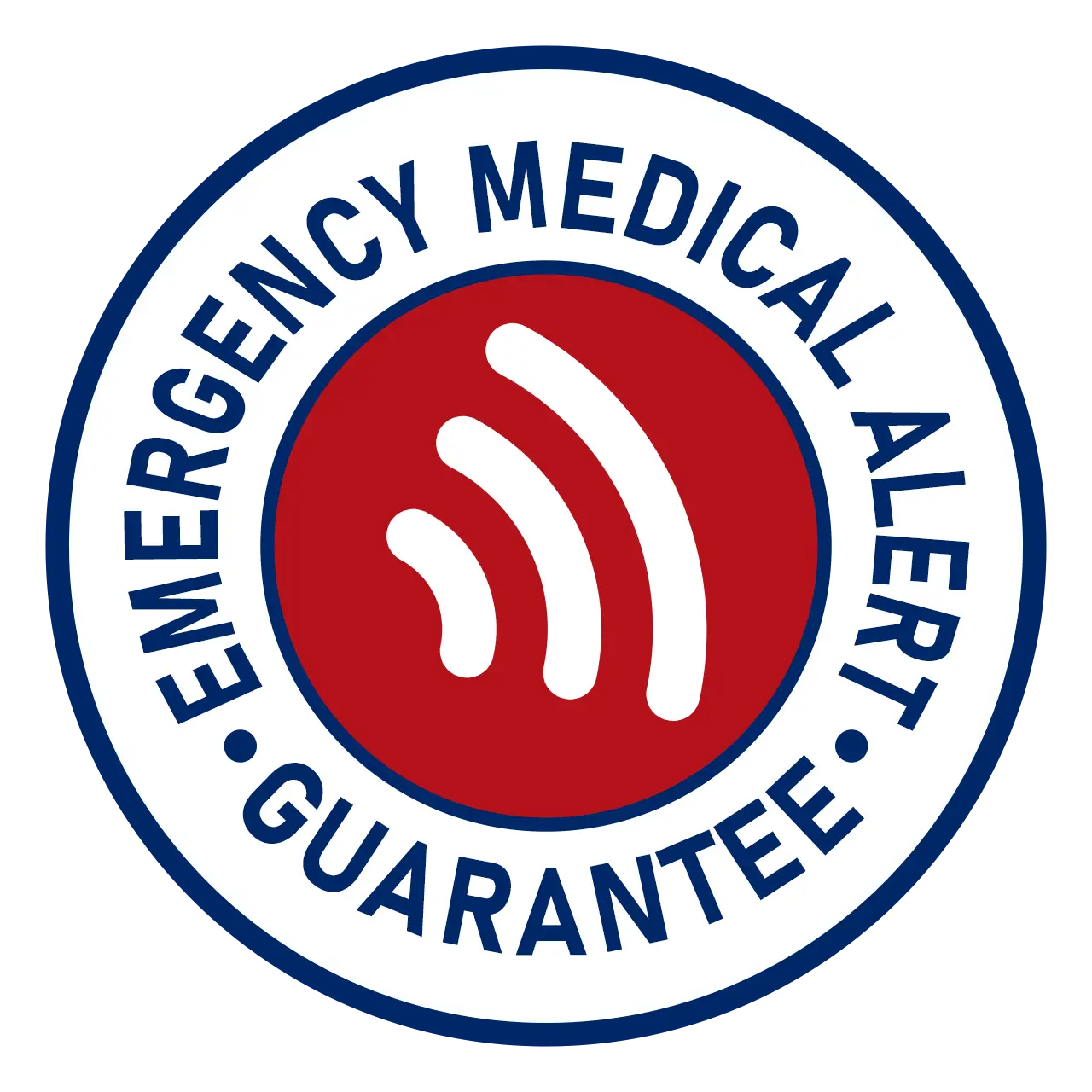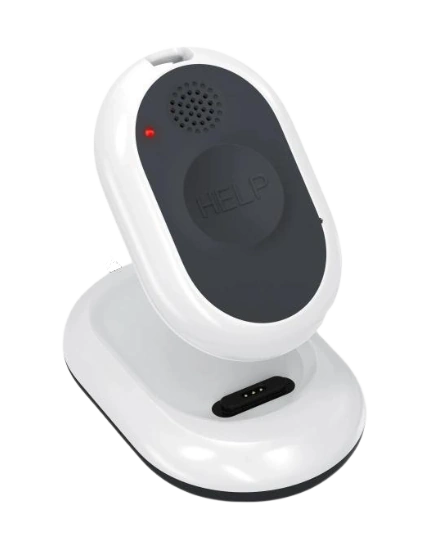Managing Type 2 Diabetes: Avoid These Foods To Keep Your Blood Sugar In Check
Diet influences blood sugar control for seniors in the USA who are managing type 2 diabetes. Making better food choices can affect long-term wellness and daily energy. There are specific foods to avoid with type 2 diabetes, and consulting healthcare professionals for personalized dietary advice helps to manage diabetes with more control and awareness.
Understanding Type 2 Diabetes And Dietary Impact
Type 2 diabetes affects how the body handles insulin, often resulting in elevated blood sugar levels. This condition is especially common among seniors, which makes food choices a crucial part of managing health and avoiding complications. Meals can either keep blood sugar steady or trigger fluctuations, so selecting the right foods supports better outcomes over time.
As the body changes with age, glucose responses may shift, and this makes it worthwhile for seniors to keep track of what they eat. Foods high in added sugars or unhealthy fats tend to cause sharp increases in blood sugar, while meals rich in fiber, lean protein, and complex carbohydrates support greater consistency. By learning how different foods affect their system, seniors can build daily habits that support comfort and long-term wellness.
Foods To Avoid With Type 2 Diabetes

Knowing which foods can disrupt blood sugar levels is helpful for seniors managing type 2 diabetes. Certain foods can cause harmful spikes in blood sugar, so it’s wise to limit or avoid them. By avoiding these problematic foods, seniors can better control their diabetes and support daily comfort and safer outcomes.
Sugary Beverages
Sugary drinks like sodas, sweetened teas, and some fruit juices can cause blood sugar to spike rapidly, posing risks for seniors with type 2 diabetes. These spikes can lead to serious health issues if not controlled. Instead, seniors should consider healthier drink options. Water is ideal for hydration without added sugars or calories. For a bit of flavor, try adding lemon, cucumber, or mint to water. Unsweetened herbal teas also offer a flavorful, sugar-free alternative.
Refined Carbohydrates
Refined carbohydrates can be problematic for seniors with type 2 diabetes due to their impact on blood sugar levels. These carbs, such as white bread, white rice, and regular pasta, lack fiber and nutrients because of processing. This makes them digest quickly, leading to sharp spikes in blood sugar.
Switching to whole grain options can be beneficial. Whole wheat bread, brown rice, and whole grain pasta have more fiber, which helps slow sugar absorption. This not only stabilizes blood sugar but also adds essential nutrients to the diet.
Trans Fats
Seniors with type 2 diabetes should stay away from trans fats due to their negative impact on heart health. Food manufacturers create these fats, often found in processed foods, by adding hydrogen to vegetable oils, making them solid. This process can raise bad cholesterol (LDL) and lower good cholesterol (HDL), increasing the risk of heart disease, which is a concern for those already at risk due to diabetes.
Trans fats lurk in many processed items, such as margarine, baked goods such as cookies and pastries, and fried foods. Checking food labels is crucial, as trans fats might be under names like "partially hydrogenated oils."
High-Glycemic Index Foods
Understanding the glycemic index (GI) is advantageous for seniors managing type 2 diabetes. The GI ranks foods based on how quickly they raise blood sugar levels. High-GI foods can cause rapid spikes, making it harder to stabilize glucose levels.
Foods like white rice, potatoes, and certain cereals are high on the GI scale. They digest quickly, leading to a fast release of glucose into the bloodstream. Seniors should aim to limit these foods and instead choose low-GI options that help maintain steady blood sugar levels.
Processed Meats
Seniors with type 2 diabetes should be cautious about consuming processed meats like sausages, hot dogs, and deli meats. These foods often have increased sodium and preservatives, which can raise blood pressure.
Processed meats can cause inflammation and insulin resistance, complicating diabetes management. Instead, seniors can choose healthier protein sources that offer nutritional benefits without these risks.
Full-Fat Dairy Products
Full-fat dairy products can pose challenges for seniors with type 2 diabetes. Whole milk, cream, and certain cheeses are high in saturated fats, which can elevate cholesterol levels and increase the risk of heart disease. Additionally, the fat content in these products may slow digestion, potentially causing delayed blood sugar spikes, complicating glucose control.
Opting for low-fat or non-dairy alternatives can help. Skim milk, low-fat yogurt, and reduced-fat cheeses provide similar nutrients with less saturated fat. Plant-based options like almond milk, soy milk, and coconut yogurt are also worth considering, as they tend to be lower in fat and calories. These choices can support heart health and help maintain stable blood sugar levels.
Tips For Managing Blood Sugar Levels Through Diet

Effectively managing type 2 diabetes involves practical strategies to maintain stable blood sugar levels through thoughtful dietary choices. Here are some tips to help seniors manage their blood sugar through diet:
Reading Food Labels
The labels on food reveal serving sizes, carbohydrates, sugars, and fats, helping seniors gauge how a food item might impact their blood sugar. Pay attention to total carbohydrates and added sugars, as these can lead to spikes. Companies list the ingredients by quantity, so if sugar or unhealthy fats are among the first few, consider alternatives.
Portion Control
Portion control helps reduce glucose spikes. Large portions can lead to excessive calorie intake and spikes. Seniors should aim for moderate portions that meet their nutritional needs. Using smaller plates and measuring servings can help maintain appropriate sizes. Being mindful of hunger and fullness cues can also prevent overeating. Practicing portion control aids in managing weight and blood sugar, contributing to overall health.
Balanced Meal Planning
Meals with a mix of nutrients support better glucose regulation. Seniors should focus on meals that include lean proteins, healthy fats, and fiber-rich carbohydrates. Regular mealtimes help maintain consistent blood sugar levels. Planning meals ahead ensures a balanced intake of nutrients and reduces the temptation of unhealthy options. Following a balanced meal plan supports diabetes management and improves overall health.
Conclusion
For seniors in the USA, managing type 2 diabetes hinges on smart dietary choices. Avoiding foods that spike blood sugar can help keep glucose levels in check and minimize complications.
By making informed food choices and sticking to a structured dietary plan, seniors can maintain stable blood sugar levels, boost their overall well-being, and lead a healthier lifestyle.

